New Scientist covers the latest developments in science and technology that will impact your world. New Scientist employs and commissions the best writers in their fields from all over the world. Our editorial team provide cutting-edge news, award-winning features and reports, written in concise and clear language that puts discoveries and advances in the context of everyday life today and in the future.
Elsewhere on New Scientist
When to believe the hype • There’s a right way and a wrong way to develop new technologies
New Scientist
Fluorescent feathers
The grand quantum race • Firms around the world are trying to commercialise quantum computers, but the jury is still out on who is going to pull ahead, finds Karmela Padavic-Callaghan
Quantum everywhere
Fieldnotes PsiQuantum in Brisbane, Australia • Inside the plan to build the world’s largest quantum computer While rivals have been working on smaller machines, PsiQuantum has its eyes on the biggest prize, says James Woodford
Analysis Geopolitics • No solace for quantum Fears that quantum computers could give nations an advantage are leading to crackdowns that make it harder for researchers, says Matthew Sparkes
The megaquop machine • One of the most respected voices in quantum computing has a new challenge for the field, finds Karmela Padavic-Callaghan
Rice variant slashes planet-warming methane emissions
Bonobos may also have theory of mind
Closest ever Einstein ring spotted • Stunning image shows rare phenomenon just 600 million light years from Earth
Brain cells found that may tell us to stop eating
Mysterious ancestors of Europeans came from Ukraine
AI helps read volcano-scorched ancient scroll
A new way to slow ageing • Taking omega-3 pills alongside vitamin D supplements and exercise reduced biological age
Ancient relative of geese is the earliest known modern bird
Biggest object in the universe found • Spanning 1.4 billion light years, the structure may violate a fundamental cosmic assumption
Prosthetic hand is able to open jars with ease
Songs of humpback whales follow language patterns
The perfect boiled egg takes more than half an hour to cook
Love in the time of AI • Dating apps have warped how we view romantic connections. Adding artificial intelligence could make things worse, argues Luke Brunning
Future Chronicles • Payback time By the 2030s, a wave of litigation led by artificial intelligence was forcing Big Oil firms to pay billions in damages for their emissions, says our guide to the future, Rowan Hooper
Looking up
Spinning gold from fragments • Ancient Mesopotamia comes alive in a must-read history, cleverly wrought from tablets written in the world’s oldest script, says Emily H. Wilson
Post-human partners • Scott opts to be a cyborg; Susanna copes by filming the effects on their marriage. Is this modern love, asks Bethan Ackerley
New Scientist recommends
The burden of proof • Turning rape into a crime that could be proved forensically is only possible because of one unsung woman, finds Vijaysree Venkatraman
Your letters
The universe on pause • A bold new idea suggests cosmic history contains hidden periods of stillness. If correct, it could explain the origins of dark matter and much more, says Miriam Frankel
History rewritten
Small wonders • Biologists are discovering microscopic entities even tinier than a virus. Michael Marshall delves into the boundary between life and non-life
Denizens of the invisible realm
Hello world • Advances in infant brain imaging are opening a door to the inner worlds of newborns, revealing that consciousness may arise earlier than...
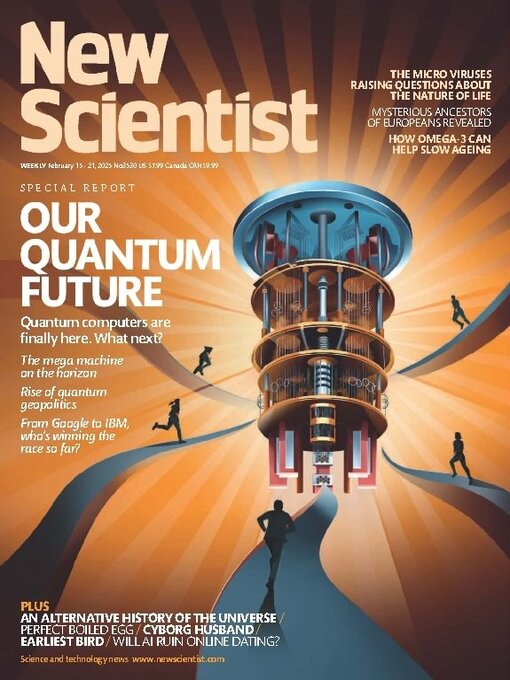
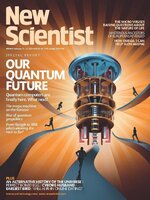 Feb 15 2025
Feb 15 2025
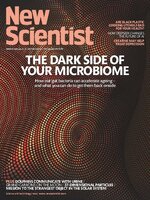 Feb 08 2025
Feb 08 2025
 Feb 01 2025
Feb 01 2025
 Jan 25 2025
Jan 25 2025
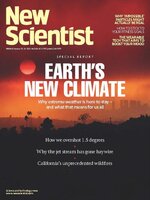 Jan 18 2025
Jan 18 2025
 Jan 11 2025
Jan 11 2025
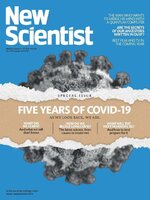 Jan 04 2025
Jan 04 2025
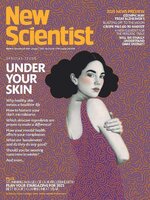 Dec 28 2024
Dec 28 2024
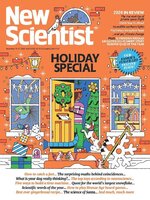 Dec 14 2024
Dec 14 2024
 Dec 07 2024
Dec 07 2024
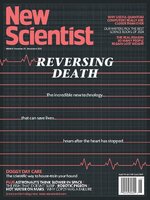 Nov 30 2024
Nov 30 2024
 Nov 23 2024
Nov 23 2024
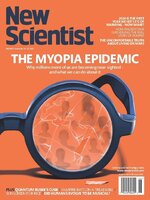 Nov 16 2024
Nov 16 2024
 Nov 09 2024
Nov 09 2024
 Nov 02 2024
Nov 02 2024
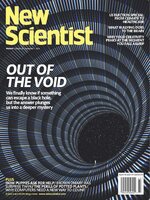 Oct 26 2024
Oct 26 2024
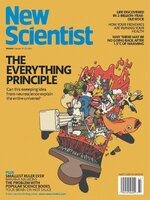 Oct 19 2024
Oct 19 2024
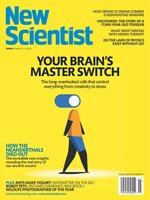 Oct 12 2024
Oct 12 2024
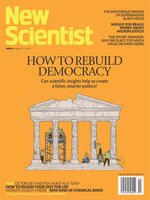 Oct 05 2024
Oct 05 2024
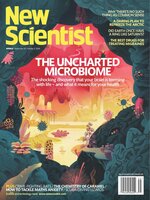 Sep 28 2024
Sep 28 2024
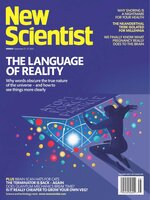 Sep 21 2024
Sep 21 2024
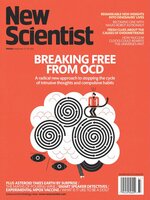 Sep 14 2024
Sep 14 2024
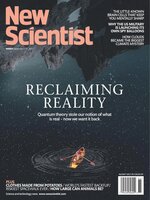 Sep 07 2024
Sep 07 2024
 Aug 31 2024
Aug 31 2024
